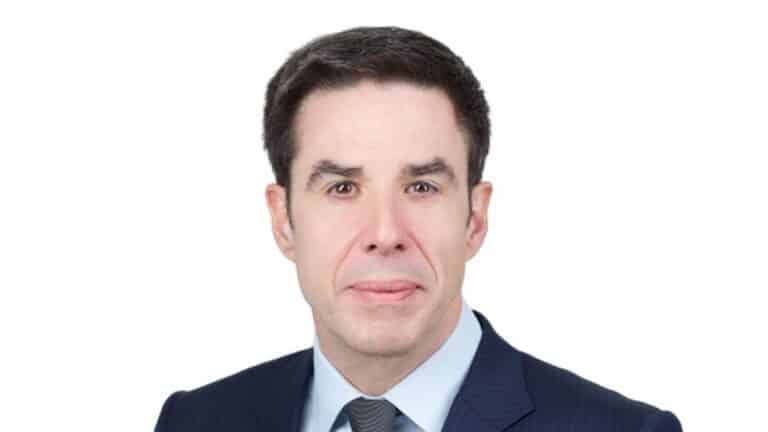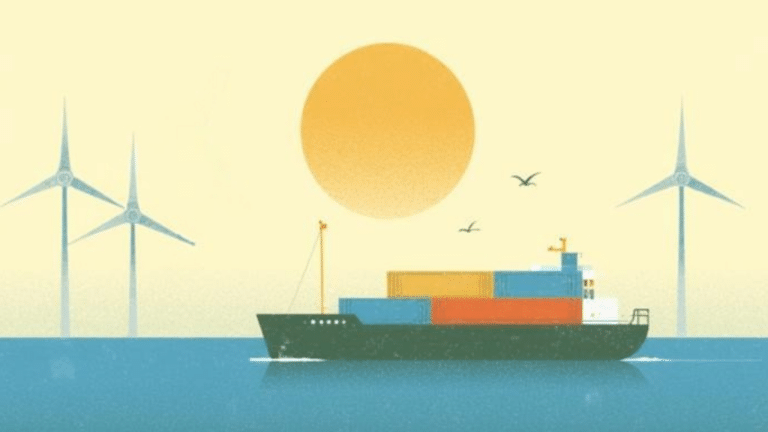Could a strategic lithium reserve kickstart US supply chain development?
NEW YORK -- A strategic lithium reserve is being mooted as a solution to stabilize volatile prices that have hindered American mining projects, allowi
Current Access Level “I” – ID Only: CUID holders, alumni, and approved guests only
2020 has been a historic year in energy markets, with a dramatic price crash caused by a collapse in economic activity resulting from the pandemic. In recent weeks, major oil and gas companies around the world have been reporting their worst quarterly results in history and seem to be positioning themselves for prolonged pain still to come. Yet we have also seen several companies reaffirm commitments to a net-zero carbon future by 2050, and we continue to have rising concern and evidence of the tangible impacts of climate change around the world. This all raises the question of whether the pandemic will be an accelerator or decelerator of the energy transition, and how leading oil and gas companies are responding to today’s uncertain and challenging environment.
In this edition of Columbia Energy Exchange, host Jason Bordoff is joined by Mario Mehren, who leads the largest independent oil and gas company in Europe.
Mario Mehren is the Chief Executive Officer and Chairman of the Board of Wintershall Dea. He was previously responsible for the company’s activities in Exploration and Production in Russia, North Africa and South Africa. Before joining Wintershall, Mario worked as a specialist adviser in the BASF Group’s Corporate Finance Department before becoming the Head of Finance and Accounting at BASF Schwarzheide and later its Managing Director of Finance and Administration. Mario studied business administration at Saarland University in Saarbrüken.
This has been a crucial year for US energy policy. The passage of the One Big Beautiful Bill Act eliminated many of the clean energy incentives that were...

Over the past week, President Trump has intensified pressure on Venezuelan president Nicolás Maduro by targeting the regime’s economic lifeline—oil. The United States has seized two oil tankers...

If it seems like you're hearing a lot more about geothermal energy lately, that's because this clean, firm energy source is at a technological turning point. With roots...

Investment in clean energy technologies is on course to hit a record $2.2 trillion this year, according to the International Energy Agency. That’s more than twice the amount...

This Energy Explained post represents the research and views of the author(s). It does not necessarily represent the views of the Center on Global Energy Policy. The piece...

Geopolitical uncertainty associated with Russian gas exports could swing the range of those exports by an estimated 150 bcm per year.

From the east to west and north to south, in red states and blue states, attention to data centers is skyrocketing in state capitals across the United States.

Trump’s latest proposal would cede the United States’ AI advantage.
